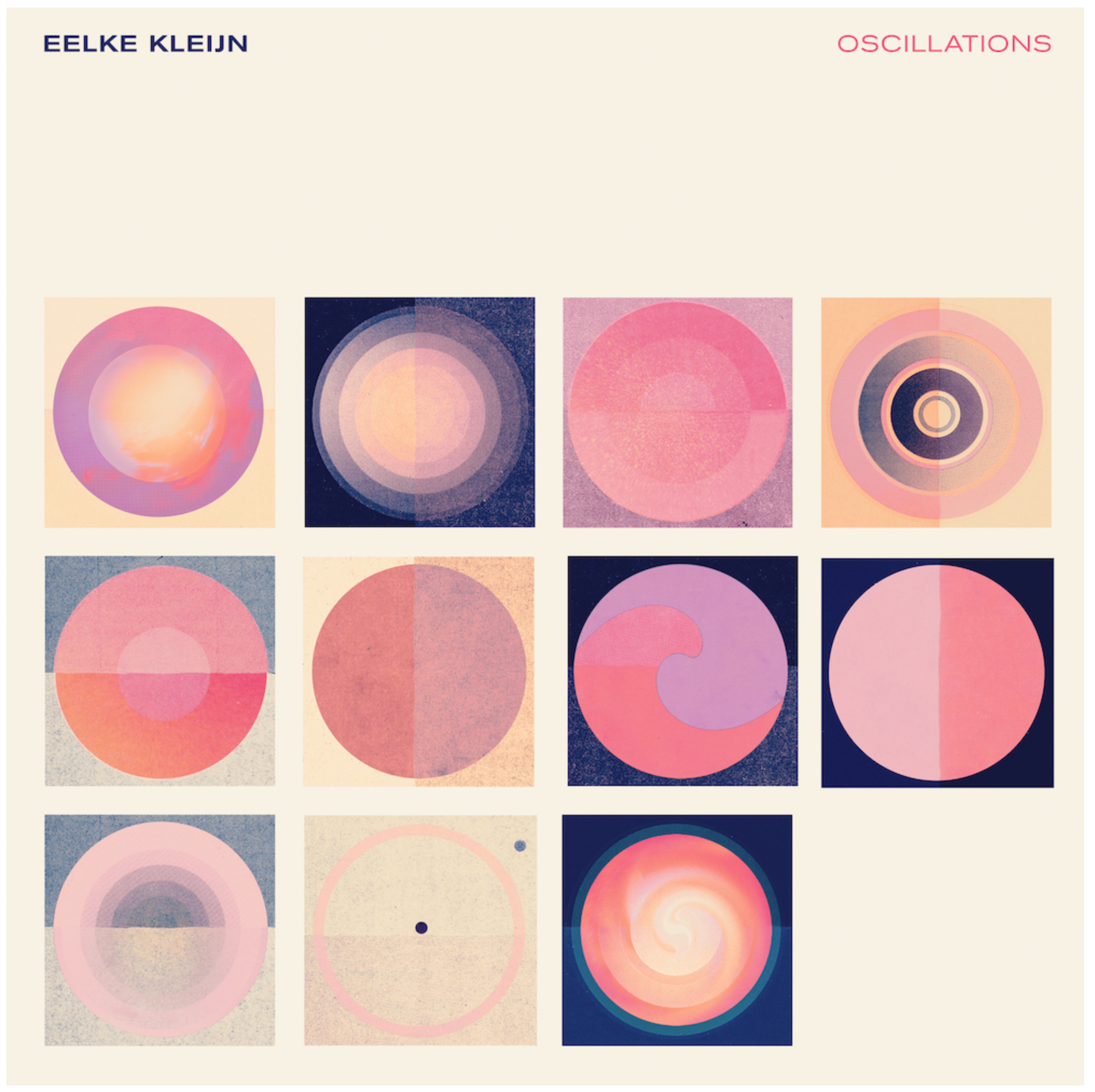“He was a genius at thinking of combinations of instruments to produce the effect that he wanted. I remember on ‘Twisted Nerve’ he showed me some of the score, there are like nine bass clarinets and three contrabassoons, and he said, ‘What do you think?’ I said, ‘I think it’s going to sound very dark.’ He says, ‘I want it to sound very dark.'”
“He was such a fierce proponent of people pursuing an individual style. He hated the idea of fads and fashions in music, from what I can gather, and in film that’s very often subject to fads and fashions, and you also have to really work and compromise with other people – so it’s really interesting that he found himself in film.”
“The easiest advice to give can be the hardest to follow. Lurking in the back of the mind of anyone making music will be a mental note to do their own thing and not follow the pack, but it takes strength to not be influenced by the greats, especially in an industry that, whatever sense of experiment it likes to pay lip service to, is often magnetically attracted to the tried and tested. Herrmann, whose emotions ran, like his music, on a romantic cocktail of agony and ectasy, had an honest need for acceptance, but he would never let that stop him going his own way, however lonely that path was.”
Spitfire Audio Annual, Issue 1
